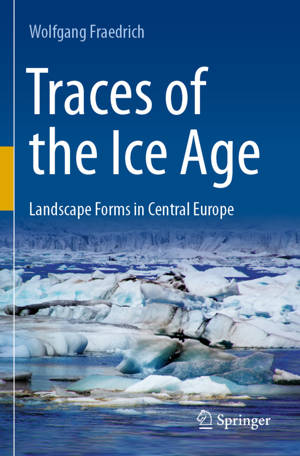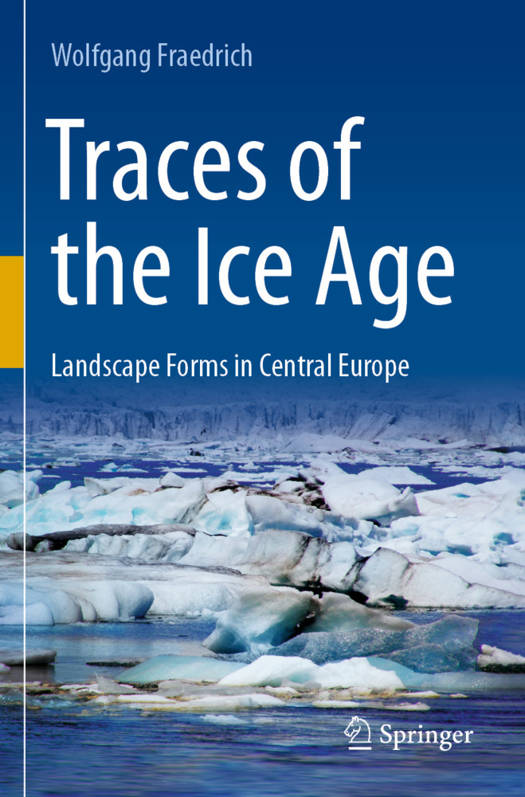
- Afhalen na 1 uur in een winkel met voorraad
- Gratis thuislevering in België vanaf € 30
- Ruim aanbod met 7 miljoen producten
- Afhalen na 1 uur in een winkel met voorraad
- Gratis thuislevering in België vanaf € 30
- Ruim aanbod met 7 miljoen producten
Omschrijving
At present, we have been living in an ice age for around 2.5 million years, a geological epoch in which there is ice on Earth and in which the curve of the global mean temperature is subject to significant fluctuations (current trend: temperature increase). At nearly 16 million square kilometers, about ten percent of the land surface is currently covered by glacial ice-and glacial ice plays a major role in shaping landscapes. This compact textbook sharpens the eye for such landscapes. It makes the forms and the shaping processes comprehensible, which the author illustrates with numerous regional examples, especially from Central Europe such as the North German Plain and the Alpine foothills, but also from Iceland. What traces have the glaciers and their meltwaters left behind? What formation processes can be inferred? How can recent climate history, especially that of the Ice Age, be reconstructed?
It is exciting to look at current developments in glaciated areas and also totake a look at the (climate) future of the Earth. For example, the question arises as to what influence glaciers have on sea level and on future climate change. In this context, natural processes such as the ice age cycles, for which there are various ice age formation hypotheses, and anthropogenic influences in global warming must be weighed against each other.
Practice questions help to deepen understanding.
Specificaties
Betrokkenen
- Auteur(s):
- Uitgeverij:
Inhoud
- Aantal bladzijden:
- 151
- Taal:
- Engels
Eigenschappen
- Productcode (EAN):
- 9783662658888
- Verschijningsdatum:
- 3/06/2024
- Uitvoering:
- Paperback
- Formaat:
- Trade paperback (VS)
- Afmetingen:
- 155 mm x 235 mm
- Gewicht:
- 268 g

Alleen bij Standaard Boekhandel
Beoordelingen
We publiceren alleen reviews die voldoen aan de voorwaarden voor reviews. Bekijk onze voorwaarden voor reviews.











